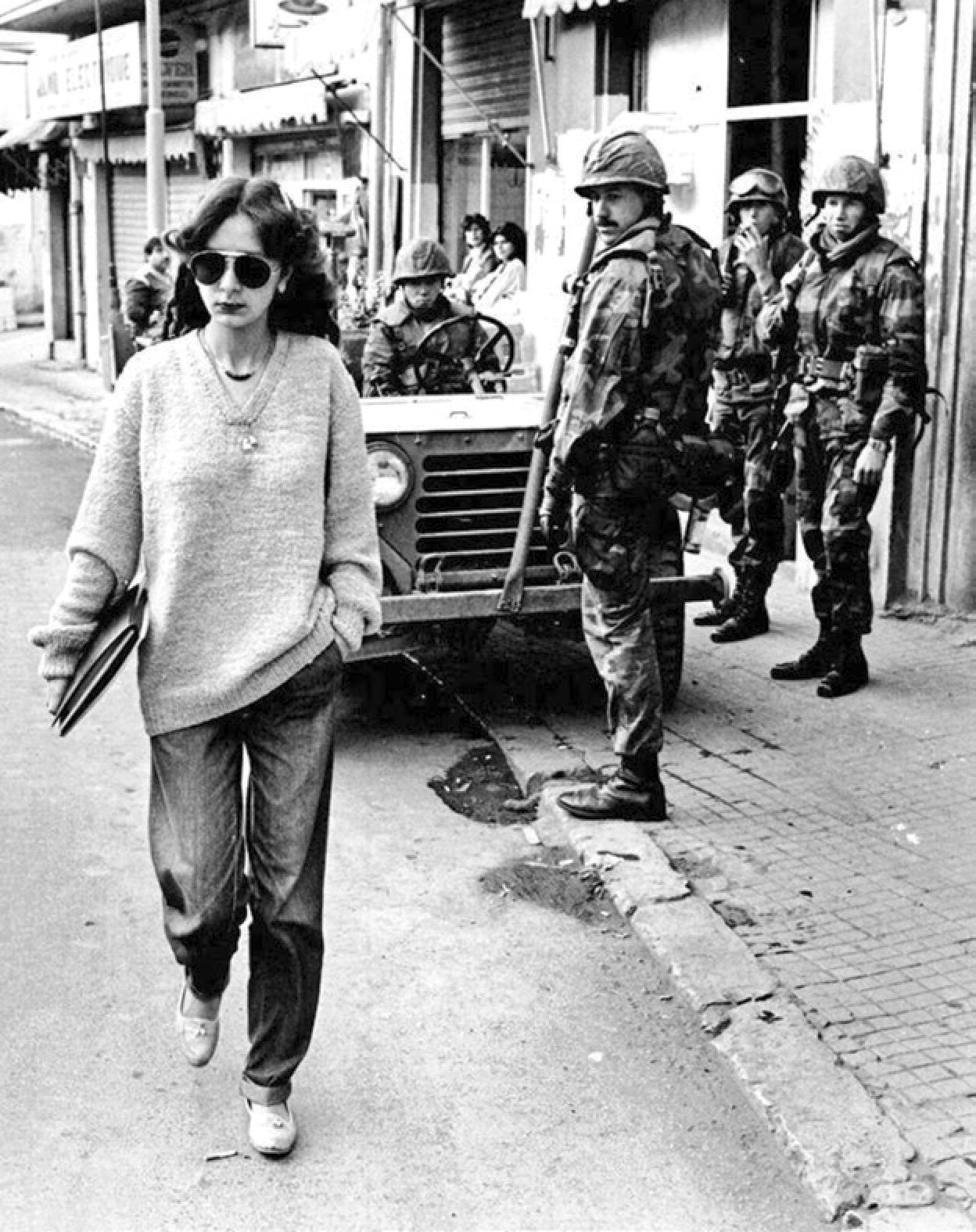
While in Beirut for fieldwork, I discovered that a longtime tenant in the building where I was living, in Mar Mikhaël, opened up her home every Tuesday for friends and neighbors to stop by and visit with her. The “Neighbor” was a seventy-eight-year-old Christian Armenian who lived with her older brother. He was eighty-four years old. As with most of the community, their remaining family left during the Lebanese civil wars, while the children went abroad temporarily to complete their education but never returned. They said their family had lived in their apartment for over four generations, outliving and surviving the Ottomans, the French, and all the countries that invaded during the civil wars that took place between 1975 and 1990. “They came and went, first the Ottomans, and then the French,” the Neighbor’s brother informed me proudly as he stomped his cane on the floor, “but we’re still here after more than a century. And we will continue to be here. Right here in this very spot!” They explained that during the Ottoman Empire, one of the high-ranking officers liked their apartment and took over the majority of their home, cloistering the family into one room. The Neighbor added that she learned at an early age how to be adaptable and what freedom meant. Her role, as she saw it, was to take care of the family until she married. The apartment, the Neighbor explained, is rightly her brother’s, but she has not yet moved out because (at seventy-eight years of age) she is still waiting for marriage.
Continue Reading:





